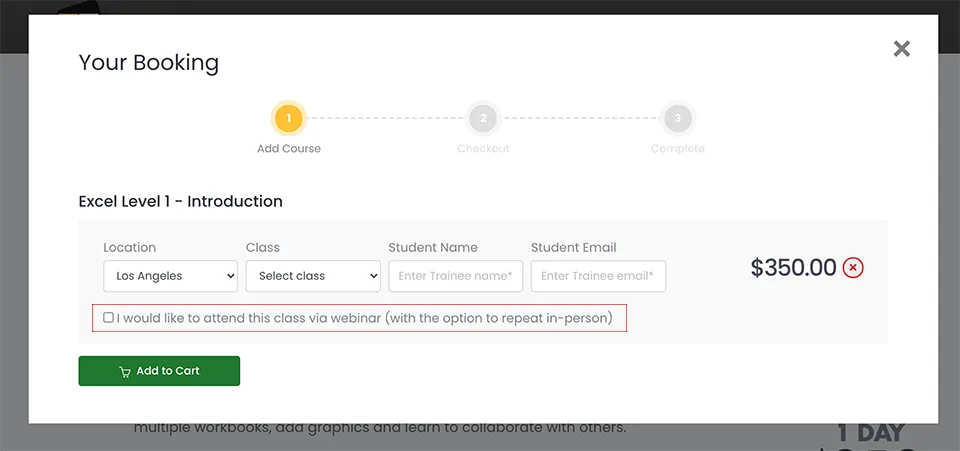The Biggest Challenges For First-Time Managers
Surveys show that 44% of managers feel they’re unprepared for their role. 87% wished they’d had more of the necessary training before becoming a manager. This suggests that new managers aren’t getting the training that they need to venture properly into their roles.
Being a first-time manager has its own set of challenges and most people are not prepared for it. Here we will discuss these challenges and ways to overcome them. In this way, you’re better equipped to face the challenges you might face in your new position as a manager.
Top challenges faced by first-time managers
1. Shifting roles from co-worker to boss
Have you been promoted to a management position internally? Then you’ll have former co-workers within your team. This is a big challenge for most new managers since it can be awkward to “be the new boss” of colleagues you previously worked with as peers.
Always remember that you’re part of a team but you’re just leading them now. Your role is to support the employees and ensure they have what they need to succeed in their jobs. Management requires give and take, and the success of the entire team is dependent not only on the employees but on you as well.
Advice: Address all of your employees regarding your new position as a manager. Let them know that you are still part of a team. At the beginning, your role should be established as a “leader” instead of the “boss.”
2. Shifting your mindset towards your new management role
Your main focus as an employee was to accomplish your tasks. In the new management role, you should pay attention to helping your team complete their tasks successfully. You should alter your mindset from being in charge of yourself to being in charge of others, as a leader.
Your responsibilities include overseeing and guiding your employees and this means you should develop soft skills. Listen genuinely and pay attention to your employees’ needs so, as an entity, you achieve team goals.
Advice: Take a leadership class in Los Angeles to develop your soft skills and learn how to handle teams of people. Plus, implement a one-on-one session with each of your team members monthly to ensure that both of you are in agreement with the requirements of your positions and the organization as a whole.
3. Setting expectations and goals
One of the major responsibilities of a manager is to motivate and guide the team. This includes ensuring that your employees have clear directions towards common goals. You need to make goal-setting a collective effort.
You can align everybody in the right direction by setting objectives and key results (OKR). The key results will be used to set very clear expectations. Both management and employees will have quantifiable results allowing them to tell if they reach their targets or not.
Advice: You should meet with the entire team in order to come up with OKR. This will ensure that everybody within the organization is working towards the same result.

4. Hiring an employee
Bringing a new person into your team is a big decision. You shouldn’t be embarrassed about asking for help from the HR department or from other managers within your company.
Remember that it’s best to look at potential candidates in-depth. Past experience and credentials are important, but culture fit is as important. Look at possible candidates as dynamic and unique individuals.
Advice: Examine each candidate by giving them a sample test. Give them a small project to do. See how they perform, interact, and communicate with the entire team.
5. Dismissing an employee
Apart from hiring new employees, part of your job would be to let go of some of them. This is a tough decision and it can be very hard to implement, especially if you’ve worked with them previously as colleagues.
The most important thing to consider when dismissing an employee is to ensure that your team can actually recover from its loss. Make sure you are prepared to compensate for the soon-to-be occurring gap within the team and its workflow.
Being transparent is crucial when you address your employees about termination. You have to be honest and open and allow good communication between you and your employees. Encourage your team to come to you with any questions and concerns.
Advice: You should set a schedule where you will address the necessary termination with your team. Discuss how the unit will move forward afterwards and address their questions and concerns. Plus, you can encourage your team members to discuss things with you privately if they wish to do so.
6. Time management
You have tasks to perform but you also have to oversee the entire team. Balancing the two can be difficult. You may not know how to manage your schedule for this. Your team needs to be your priority but you also need to set time aside for your individual responsibilities.
Advice: In your calendar, book time for individual tasks you are responsible for. Let team members know that you won’t be available during those times.

7. Pressure to achieve exceptional performance
For most people, being a first-time manager means you have to perform at your peak. You’re given an amazing opportunity to be a manager and you want to prove yourself to your company.
You have to remind yourself that there’s a reason why you were placed in this position. It means that you deserve the promotion and you have the capability to meet the requirements of the role. Becoming a great leader is a lifelong process and isn’t achieved overnight. As you go through the process, you will learn from your experiences along the way
Advice: Meet up with your boss in order to set expectations for your team and for yourself. Plan properly and do not rush the process.
Being a new manager is just the start
Being a first-time manager has its challenges, however, this is just the start of a whole new world of opportunities. Enjoy the process of learning new skills, interacting with new people, and leading your entire team. You’ll never know what promotions lie ahead when you face these challenges and develop innovative ways to overcome them.
